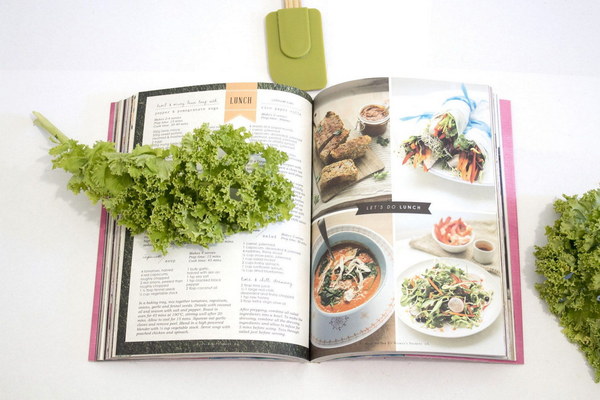Rice or Noodles Which One is More Gastrically Beneficial
In the realm of culinary preferences, the age-old debate between rice and noodles has been a hot topic. While both are staple foods in many cultures, one question often arises: is rice more beneficial for the stomach than noodles? This article delves into the nutritional aspects of both rice and noodles to determine which one is more stomach-friendly.
Rice is a versatile grain that has been a dietary staple for millions of people worldwide. Its high carbohydrate content provides a quick source of energy, making it an excellent choice for those looking to fuel their bodies. On the other hand, noodles are made from wheat flour and have a lower glycemic index compared to rice, which means they are less likely to cause spikes in blood sugar levels.
When it comes to digestibility, rice is often considered more stomach-friendly than noodles. Rice is a low-fiber grain, which makes it easier to digest and less likely to cause discomfort. The absence of gluten in rice also makes it a suitable option for those with gluten sensitivities or celiac disease. Noodles, on the other hand, contain gluten and can be difficult to digest for some individuals, leading to bloating, gas, and discomfort.
Moreover, the water content in rice helps to lubricate the digestive tract, making it easier for food to pass through. This is especially beneficial for those with gastrointestinal issues such as irritable bowel syndrome (IBS). In contrast, the high starch content in noodles can contribute to constipation and other digestive issues.
From a nutritional standpoint, rice and noodles offer different benefits. Rice is rich in B vitamins, particularly niacin and vitamin B6, which are essential for energy production and brain function. It also contains magnesium, a mineral that plays a crucial role in muscle and nerve function. Noodles, on the other hand, are a good source of protein and fiber, which can aid in weight management and digestion.
Despite the potential benefits of rice over noodles, it is essential to consider individual dietary needs and preferences. For instance, individuals with certain health conditions, such as diabetes or irritable bowel disease, may need to monitor their carbohydrate intake more closely. In such cases, it may be beneficial to consult a healthcare professional or a registered dietitian to determine the best dietary choices.

In conclusion, rice is generally considered more stomach-friendly than noodles due to its lower gluten content, easier digestibility, and water content that aids in digestion. However, it is crucial to consider individual dietary needs and preferences when making a choice between the two. Whether you prefer the versatility of rice or the fiber content of noodles, both can be part of a balanced diet when consumed in moderation.
Remember, the key to a healthy diet is not just choosing the right foods but also enjoying a variety of nutrients from a diverse range of foods. So, the next time you're deciding between a bowl of rice or noodles, consider your personal health goals and preferences to make the best choice for your stomach and overall well-being.









